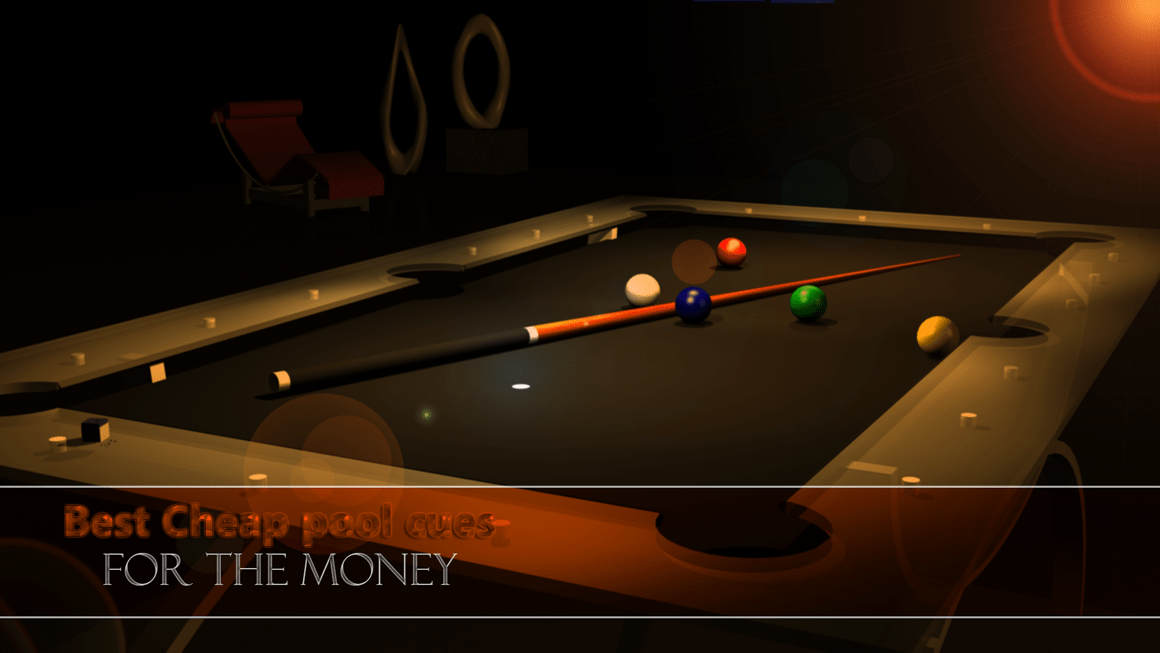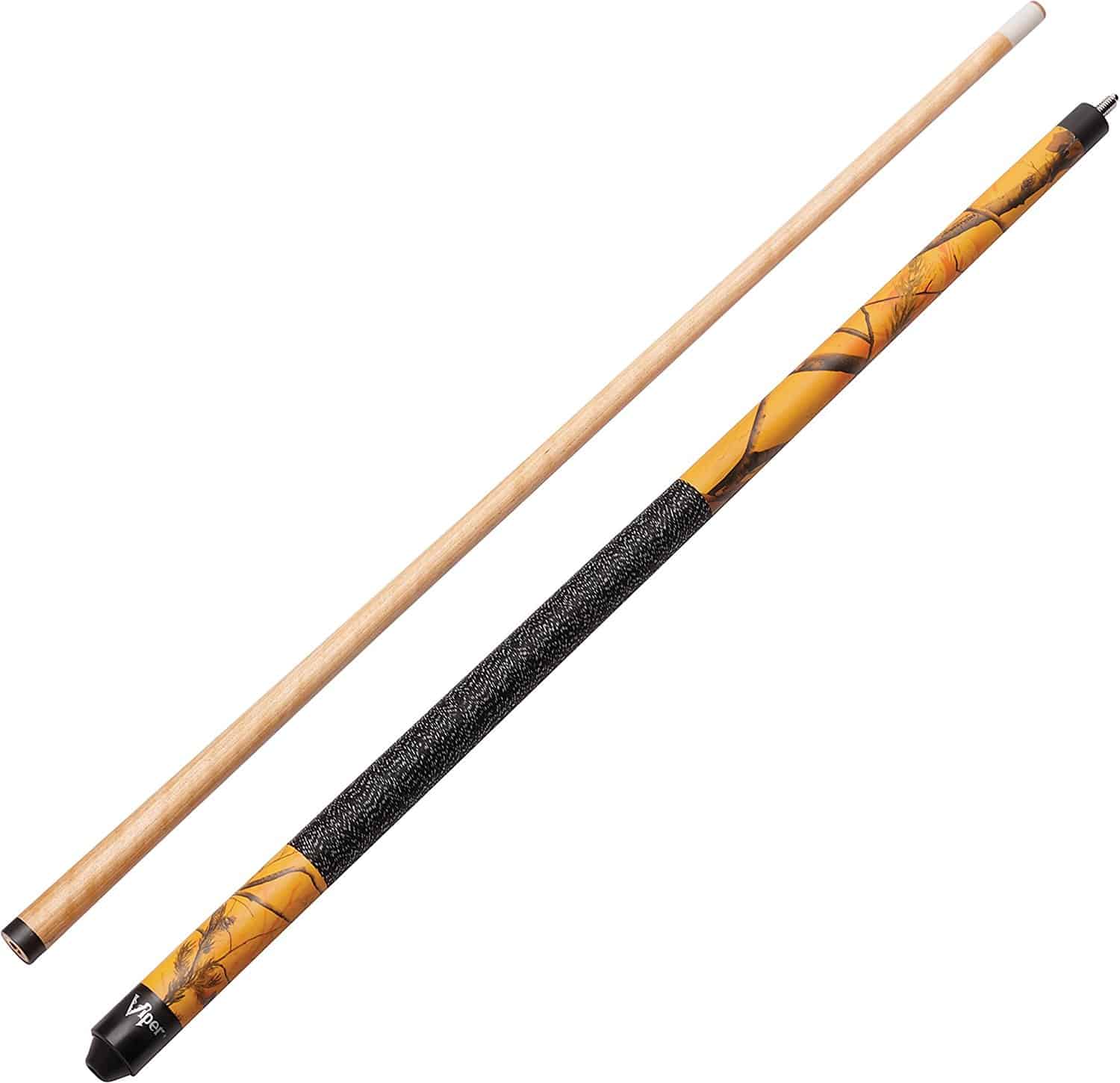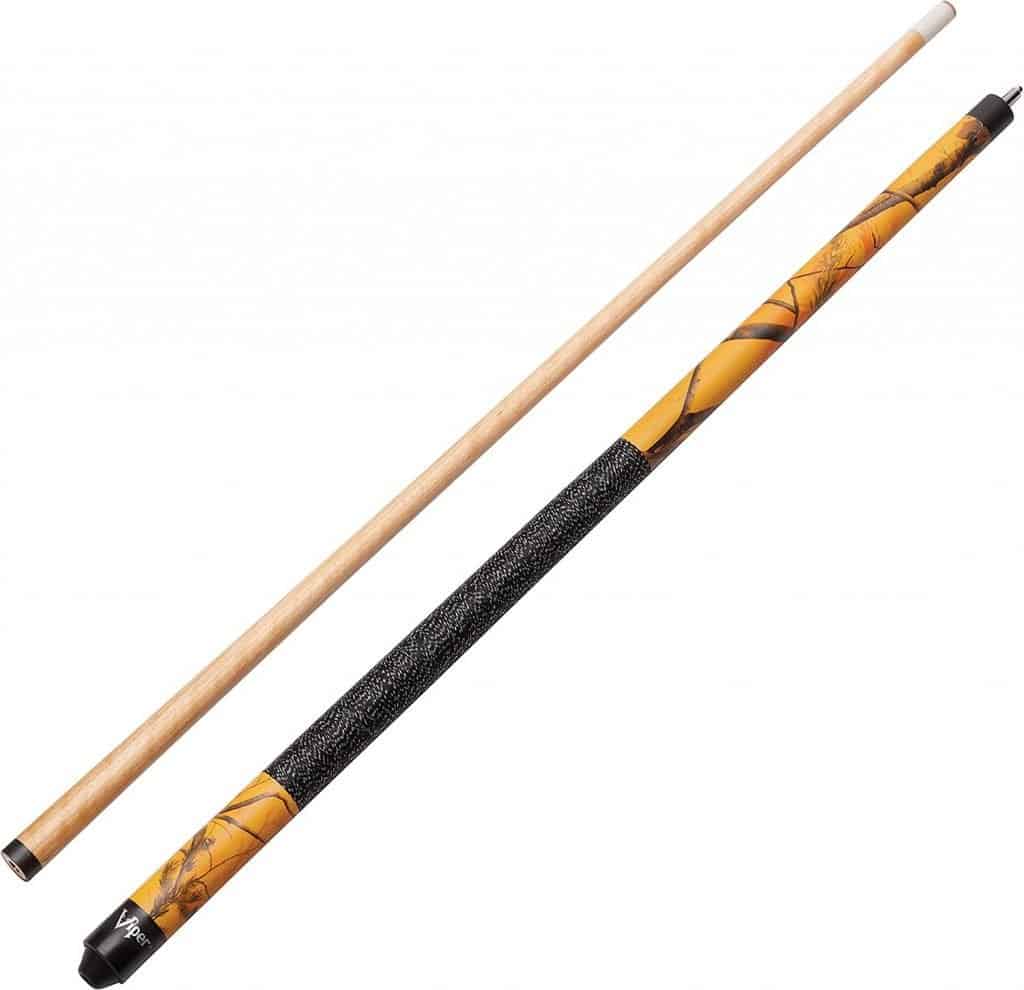Best Cheap Pool Cue: The Ultimate Guide To Finding Your Perfect Stick
Hey there, pool enthusiasts! Let me tell you something, if you're looking for the best cheap pool cue, you're in the right place. Finding a quality cue stick without breaking the bank can be a bit of a challenge, but don’t sweat it. We’ve got you covered with all the insider tips and tricks to help you land that perfect stick. So, buckle up and let’s dive into this ultimate guide!
Now, before we get into the nitty-gritty details, let’s talk about why your choice of cue matters. Whether you’re just starting out or you’re a seasoned player, having the right equipment can make or break your game. And let’s be real, no one wants to spend a fortune on something they’re not sure about. That’s why we’re here—to show you how to find the best cheap pool cue without compromising on quality.
Here’s the deal: this guide isn’t just some random list of cues. We’ve done the research, tested the products, and consulted with experts to bring you the most reliable information. By the end of this, you’ll know exactly what to look for, where to shop, and how to avoid common pitfalls. Ready to take your game to the next level? Let’s go!
Read also:Tufts Lacrosse Prospect Day Your Ultimate Guide To Acing The Big Day
Table of Contents:
- Introduction
- Understanding the Basics of Pool Cues
- Choosing the Right Material for Your Cue
- Key Features to Look For in a Cheap Pool Cue
- Popular Brands Offering Affordable Cues
- Budget-Friendly Tips for Buying a Pool Cue
- Online vs Offline Shopping: What’s Better?
- Maintenance Tips for Your Pool Cue
- Common Mistakes to Avoid When Buying a Cue
- Conclusion
Understanding the Basics of Pool Cues
Alright, let’s start with the basics. A pool cue is more than just a stick you use to hit balls. It’s an extension of your arm and a tool that can significantly impact your game. When you’re shopping for a cheap pool cue, it’s crucial to understand the components that make up a good one.
The cue stick typically consists of two main parts: the shaft and the butt. The shaft is the part you use to strike the ball, while the butt is the handle that provides balance and grip. Materials, weight, and design all play a role in how well a cue performs. So, don’t just pick the first stick you see—take your time and consider what works best for you.
Key Components of a Pool Cue
Here’s a quick breakdown of the key components:
- Shaft: Made from materials like maple, graphite, or carbon fiber. The shaft affects how much control you have over your shots.
- Butt: Often made from wood, plastic, or composite materials. The butt provides balance and grip, so it’s important to find one that feels comfortable in your hand.
- Tip: The part of the shaft that makes contact with the ball. Tips can vary in hardness and shape, so choose one that suits your playing style.
- Weight: Most cues range from 18 to 21 ounces. Finding the right weight is essential for maintaining control and consistency.
Choosing the Right Material for Your Cue
Now, let’s talk about materials. The material of your cue can affect its performance, durability, and price. If you’re on a budget, you don’t have to settle for low-quality sticks. There are plenty of affordable options that still deliver great results.
Wooden Cues
Wooden cues are classic and often preferred by traditional players. They offer a natural feel and can be customized with intricate designs. Maple and ash are popular choices because they provide a smooth, consistent hit. However, wooden cues can be more expensive, so if you’re looking for a cheap pool cue, you might want to explore other options.
Read also:Monica Whalen The Rising Star You Need To Know About
Composite Cues
Composite cues are made from materials like graphite, fiberglass, or carbon fiber. These sticks are lightweight, durable, and often more affordable than wooden cues. They also tend to perform well in different weather conditions, which is a big plus if you play in varying environments.
Key Features to Look For in a Cheap Pool Cue
When you’re shopping for a cheap pool cue, there are a few key features you should keep in mind. These will help you narrow down your options and ensure you’re getting a stick that meets your needs.
Weight and Balance
Weight is one of the most important factors to consider. A cue that’s too light or too heavy can throw off your game. Most players prefer a cue in the 19-ounce range, but it ultimately comes down to personal preference. Balance is equally important—your cue should feel comfortable and stable in your hand.
Grip and Finish
The grip of your cue can make a big difference in your performance. Look for a stick with a smooth, non-slip finish that feels good in your hand. Some cues come with wrap grips made from materials like leather or rubber, which can enhance your control and reduce hand fatigue.
Popular Brands Offering Affordable Cues
There are several brands out there that offer high-quality, affordable pool cues. Here are a few you might want to check out:
- Century Cues: Known for their durability and affordability, Century cues are a great option for beginners and casual players.
- Alba Cues: These cues are made from high-quality materials and offer excellent value for the price.
- Dynamic Cues: Dynamic offers a range of cues at different price points, so you’re sure to find something that fits your budget.
Budget-Friendly Tips for Buying a Pool Cue
Buying a cheap pool cue doesn’t mean you have to sacrifice quality. Here are a few tips to help you stretch your budget:
- Look for sales and discounts at your favorite retailers.
- Consider buying a used cue from a reputable seller.
- Focus on the key features that matter most to you, like weight and grip, rather than flashy designs.
Online vs Offline Shopping: What’s Better?
When it comes to buying a pool cue, you have two main options: online or in-store. Both have their pros and cons, so it’s important to weigh your options carefully.
Shopping Online
Online shopping offers convenience and a wider selection of products. You can compare prices and read reviews from other customers, which can help you make an informed decision. However, you won’t be able to physically test the cue before purchasing, so make sure you choose a retailer with a good return policy.
Shopping In-Store
Buying a cue in-store allows you to test it out before you buy. You can check the weight, balance, and grip to ensure it feels right in your hand. The downside is that you might have a more limited selection, especially if you live in a smaller town.
Maintenance Tips for Your Pool Cue
Once you’ve found your perfect cheap pool cue, it’s important to take care of it. Proper maintenance can extend the life of your cue and keep it performing at its best.
- Always store your cue in a cool, dry place to prevent warping.
- Use a cue case to protect it from damage during transport.
- Regularly clean the tip with a tip tool to maintain its shape and performance.
Common Mistakes to Avoid When Buying a Cue
Finally, let’s talk about some common mistakes people make when buying a pool cue. Avoiding these pitfalls can save you time, money, and frustration:
- Not testing the cue before purchasing.
- Focusing too much on appearance rather than performance.
- Buying a cue that’s too heavy or too light for your playing style.
Conclusion
And there you have it—your ultimate guide to finding the best cheap pool cue. Whether you’re a beginner or a seasoned player, there’s a cue out there that fits your budget and playing style. Just remember to focus on the key features that matter most to you, do your research, and take care of your stick once you’ve found it.
So, what are you waiting for? Head out there and find your perfect stick. And don’t forget to share this article with your fellow pool enthusiasts or leave a comment below if you have any questions. Happy shooting, and may your games be legendary!


